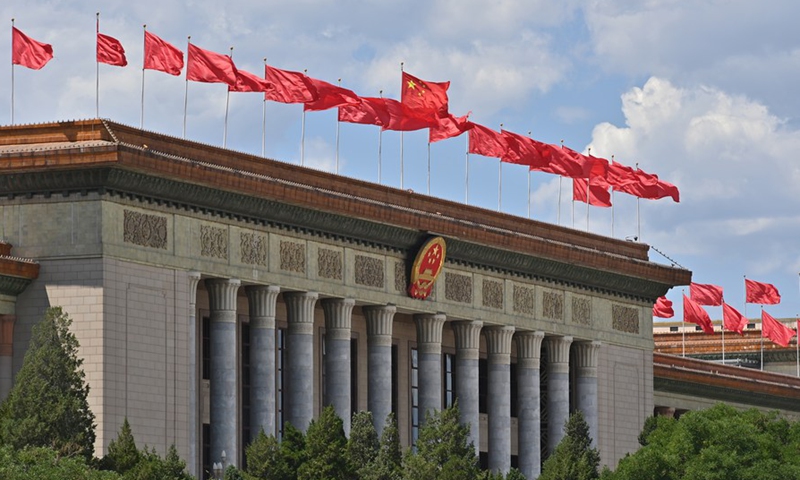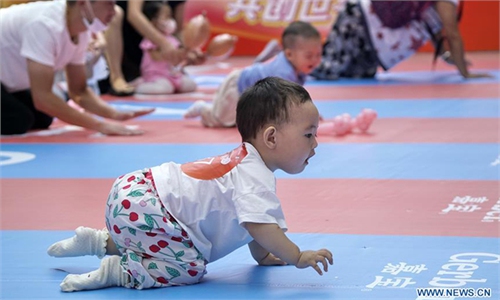
Two Sessions Photo:Xinhua
Representatives at China's two sessions submitted suggestions to improve China's current system, including strengthening building of grassroots hospitals, and launching pioneer projects for a free medical care system, after lessons from the COVID-19 pandemic.
During the fight against COVID-19, grassroots hospitals were at the forefront of the battle, but their shortcomings were also exposed, such as inadequate equipment to prevent the spread of the virus, lack of responsibility for preventing transmission, and inability to classify patients with different symptoms, Xiong Shuilong, a member of the Chinese People's Political Consultative Conference (CPPCC) National Committee, told the Global Times.
To address these issues, Xiong plans to propose that provincial governments provide better medical equipment and medicines to grassroots hospitals and medical institutions in rural areas, as well as train medical staff in these hospitals on how to prevent communicable diseases.
He also emphasized the need to establish an information sharing channel between grassroots hospitals, city hospitals, and health bureaus so that outbreaks can be quickly identified and controlled through collaboration.
During China's fight against COVID-19, hospitals at all levels were encouraged to work together and establish triage treatment to ensure that patients with severe symptoms receive timely treatment.
Zhang Weibin, a doctor from Ruijin Hospital from Shanghai Jiaotong University School of Medicine and a CPPCC National Committee representative, believes that the model of cooperation and coordination between hospitals at all levels should continue in the future. He proposes strengthening the triage treatment system to prevent big hospitals from becoming overwhelmed.
Improving the medical system has become a focal point for representatives at this year's two sessions. Zhang Qicheng, a CPPCC representative and a professor from Beijing University of Chinese Medicine, plans to call for a higher-level medical insurance system that allows people to pay no more than 20 percent of medical fees.
Zhang believes that a free medical system will not increase the government's medical expenditure; rather, it will save expenses by preventing overspending on minor illnesses.
Zhang calls for the pioneering of a free medical system that combines current medical insurance and local government financial funds to avoid transferring financial pressure to hospitals or patients.
The pioneer project would be best expanded in grassroots hospitals and hospitals that feature Chinese medicine, enabling these hospitals to play a bigger role in treating patients, according to Zhang.
He suggests that the government should cover all medical fees if patients go to these hospitals. However, supporting policies are needed for the free medical care system to prevent the abuse of public hospital resources. The triage treatment system should also be built to accompany this system.


